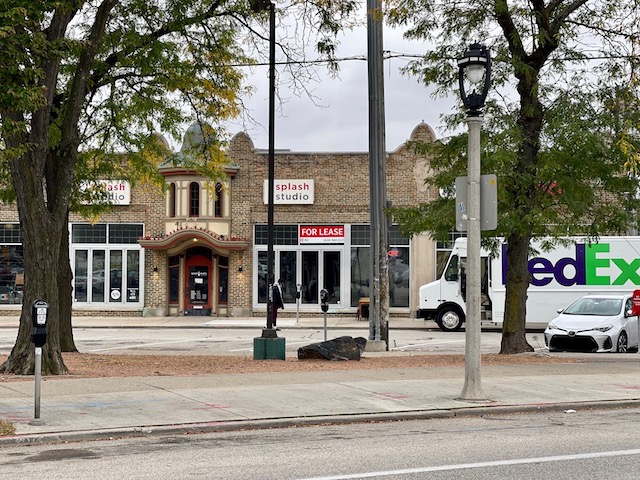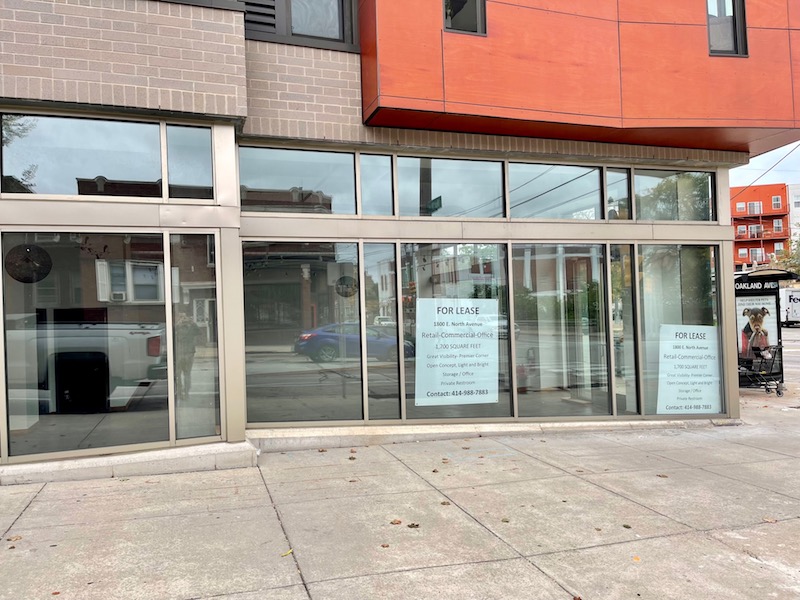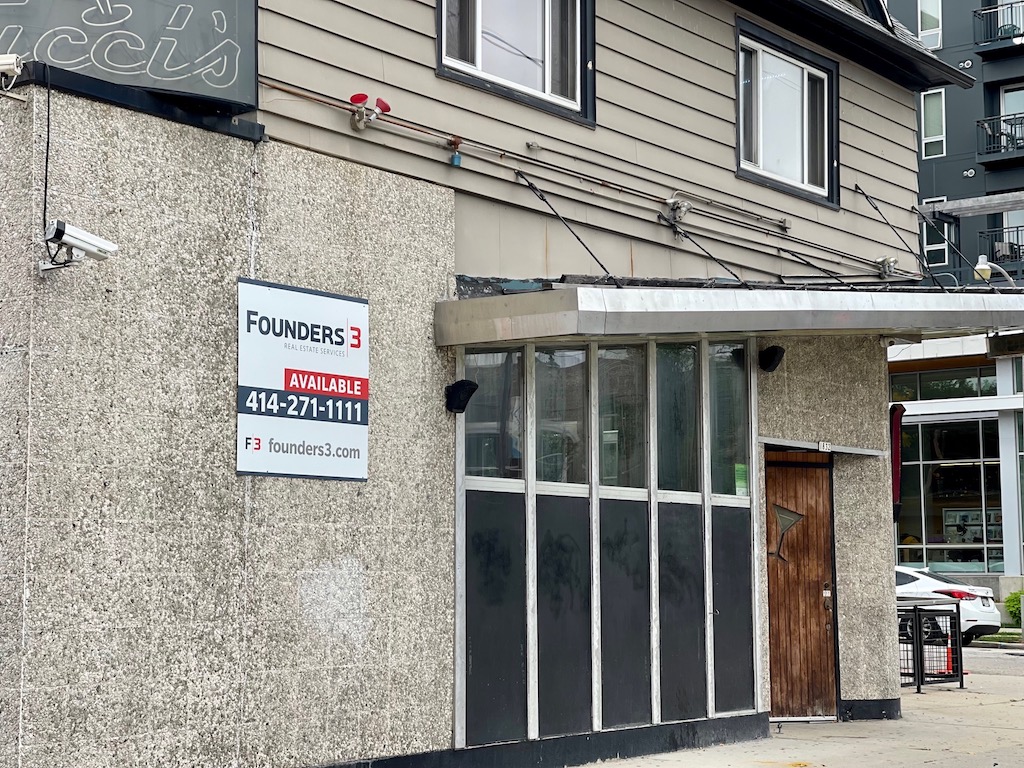Is Renting Or Owning Commercial Property Best For My Small Business?
When finding the perfect property for your small business, there are many factors to consider. Location is of course the most crucial factor, but knowing whether to rent or buy a commercial property can be just as important. There are pros and cons to both renting and owning a commercial property, and in today’s discussion we hope to provide clarity on which option is best for your small business.
Pros Of Owning
1. Building Equity
By owning commercial real estate, you give yourself the opportunity to build equity. This means that as you pay off your mortgage, you own more of the property. Having more more equity allows you the opportunity to take out a second loan, a line of credit against the property or do a cash-out refinance. Building equity also gives you additional options for retirement. You can sell the property outright, or sell your business but retain the property, giving you the option to lease the property and maintain a steady income.
2. Tax Breaks
If you are the business owner and have purchased a property, you are able to write off all mortgage interest you paid during that tax year as a business expense. There are also a few tax deductions designed to benefit business and property owners:
- IRS Tax Code Section 179: This allows deductions for equipment and furnishing purchases that are put into service the same year that they are purchased. For the past three years, Congress has granted a deduction of $500,000 which can be a significant contribution to offsetting the costs of purchasing property.
- IRS Tax Code Section 1031 (1031 Exchange): Investment properties used in a trade or business can be sold and the funds applied toward the purchase of a similar or like property within 180 days of sale, without receiving any tax penalties. The purchased property must be of equal or higher value to avoid a tax penalty. This can be used for a business owner looking to move to a larger property as their business grows, without incurring any tax penalties.
- Cost Segregation: This allows a business owner to have personal property assets reclassified in order to shorten the depreciation time for tax purposes, which in turn reduces current income tax obligations.
3. Appreciating Asset
Owning commercial real estate allows you to benefit from capital appreciation, which is the increase in your property’s value over time. Appreciation can be affected by inflation, supply and demand conditions, interest rates, neighborhood conditions, among other factors. Ensuring the building is maintained and up to code can help increase it’s appreciation. Real estate investors call making improvements to the building “forcing appreciation”. Consulting a local real estate expert or North Consulting Services can help you asses the cost-benefit of these upgrades.

4. Rental Income
If you are the owner of a commercial property, but you choose not to operate in the building, or only operate in a part of the building, you have the opportunity to rent out the extra space. Renting out part, or all of your property can help significantly decrease operation and mortgage costs.
5. Control Over The Property
By owning a commercial property, you have full control over it. This means as long as code permits, you can do anything you’d like with the property and not have to negotiate with a landlord or property owner. You will also be able to make fixed monthly mortgage payments instead of a rent payment that could be subject to increase when a commercial lease expires.
Cons Of Owning
1. Higher Cost Up Front
Typically, when purchasing a commercial property, or any property for that matter, you will need to make a down payment. When purchasing a commercial property the down payment is generally anywhere from ten to forty percent of the property’s value. Additionally, you will most likely have to pay for closing costs, origination and appraisal fees.
2. Difficulty Qualifying For Financing
If your small business cannot get approved for bank financing, you may have trouble qualifying for a commercial real estate loan with a reasonable interest rate. Your company may not have been established long enough, have enough working capital (debt-to-income), or you may be unwilling or unable to provide a personal guarantee acceptable to the bank. If you plan on only occupying part of the space, most banks prefer your business occupies the majority.
3. Liabilites
Insuring the property is solely your responsibility. In addition to insurance you would normally carry, you also need to insure the entire building. If someone injures themselves on your property, you could be responsible. This means that you will have to pay for a liability insurance policy to protect yourself from a potential lawsuit. If you rent out a portion of the property, you have liability from the entire building, even though your small business may only occupy a portion of it. Many loans also require a personal guarantee, which makes you liable to repay the loan if your business cannot.
4. Loss Of Liquidity Or Capital
While there is a good chance of your property gaining value throughout your ownership, it also has the chance to decrease in value due to market conditions or your use of the property. If this is the case and you sell your property, you run the risk of taking a financial loss. A large down-payment may be used better to fund growth or operations making ownership a hinderance to growth.
Pros Of Renting
1. More Liquidity
When leasing, you have much less cash tied up in the property. Because of this, you can use the extra cash for operations and growth. You do not need to make a down payment with a lease (other than a possible security deposit), leaving you with more cash as a result.
2. Flexibility
Given that your business will need to meet certain requirements to qualify for a loan, leasing gives you more options when looking for the right space. It is also far easier to move locations when compared to owning a property. If your business relies heavily on location, buying a property may be too expensive in the area you desire, but you may be able to afford the rent. Depending on the structure of your commercial lease, you may also be absolved of unexpected costs that can arise from property ownership, allowing for better cash flow management.

Cons Of Leasing
1. No Equity Or Appreciation
When leasing a commercial property, you do not accrue equity in the property. You can look to renovate a property to meet your specific business needs, but that would need to be approved by the building owner or landlord; even then, the possible appreciation from this renovation does not go into your pocket.
2. No Additional Income
As a tenant, you are the one paying the rent. When owning a commercial property you have the option to rent a portion out and gain a secondary income. This is not possible if you lease a commercial property.
3. Rent Can Be Expensive
While the upfront cost of owning a commercial property is far higher than leasing, the rent from leasing can get expensive. Monthly rent tends to exceed mortgage payments for the same property. Depending on the type of commercial lease you have, you may get stuck paying for costs such as insurance, property taxes, utilities and maintenance costs that don’t contribute to your equity in the building.
4. Less Control
Leases are for a finite amount of time. Depending on who owns the building, they may choose to significantly increase your rent based on your success or investment in their building.
Extra Considerations For Buying
1. Location Is Key
With buying a commercial property being a long-term commitment, be sure to select the right location. Depending on what line of business you are in, location can make or break your small business. As the saying goes, location, location, location.
2. Evaluate Cash Flow
When considering buying a commercial property, be sure to know exactly how much money your business makes and if your cash flow is consistent. Knowing this can let you know if you can afford or will be approved for a mortgage.
3. Understand Existing Debt
If your business has existing debt, buying a commercial property may not be the best option. Consider your debt-to-income (DTI) ratio which could look unattractive to lenders. You should talk to a mortgage lender and have any existing debt under control before looking to buy a commercial property for your small business.
Extra Considerations For Leasing
1. Find The Right Space And Lease Terms
If this is your first time leasing a property for your small business, we suggest starting with a right sized location, and choosing a short-term lease with an option to extend. By doing this, you ensure that your business has enough room to grow with a predictable rent increase. Like most contracts, rental agreements are negotiable, and you can use this to your advantage to ensure you get the best lease for your small business.

Businesses need to find the right location in order to get off the ground. According to the latest data from the U.S Bureau of Labor Statistics, about twenty percent of small businesses fail within the first year. Finding a low-cost, right-sized rental property may be what your business needs to get up and running efficiently.
2. Understand The Property
When deciding where and from whom to rent, make sure to do thorough research. Make sure the building is zoned for your use, and that there are no deferred maintenance expenses that will become your responsibility.
In Conclusion
Deciding whether to rent or own commercial property can mean the difference between success and failure for your small business. If you are unsure of whether renting or owning is best for you, please CONTACT US at North Consulting Services and we can help you analyze what’s best for your small business.


